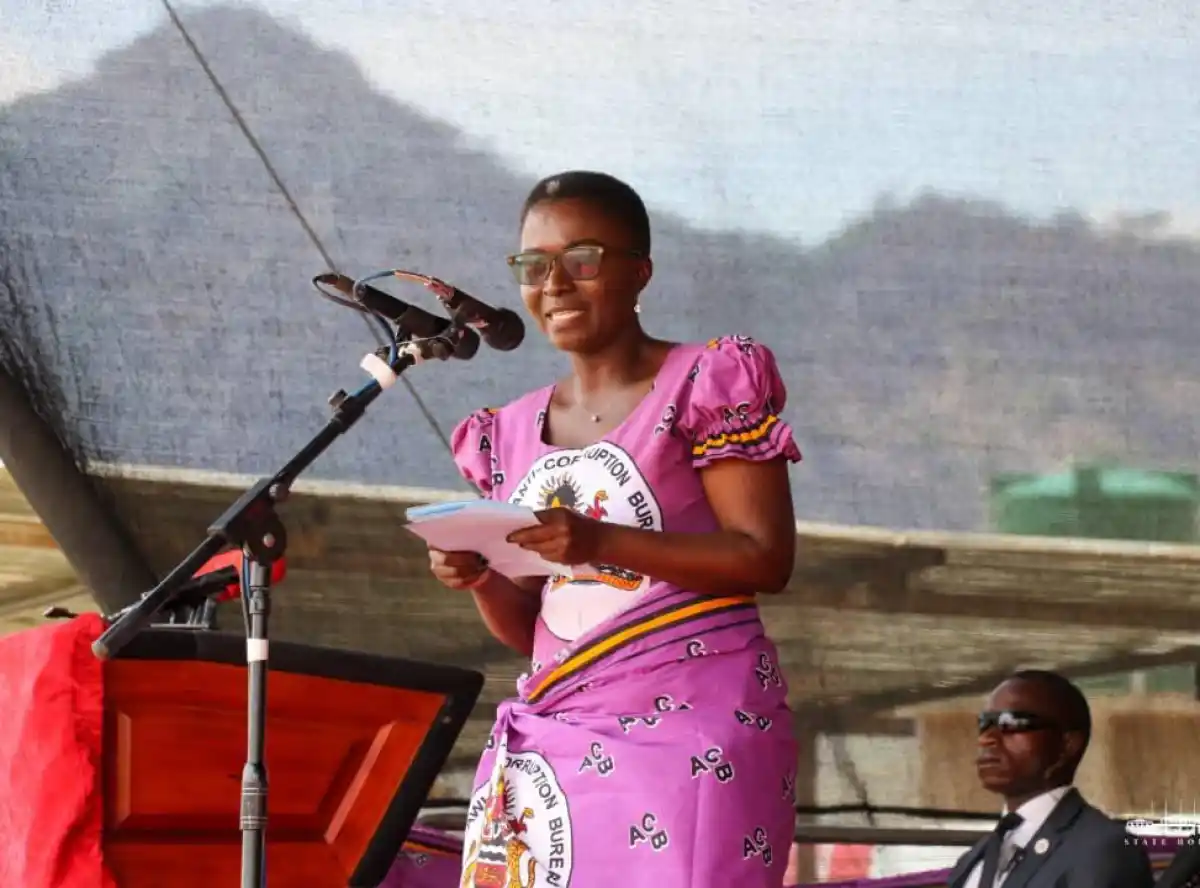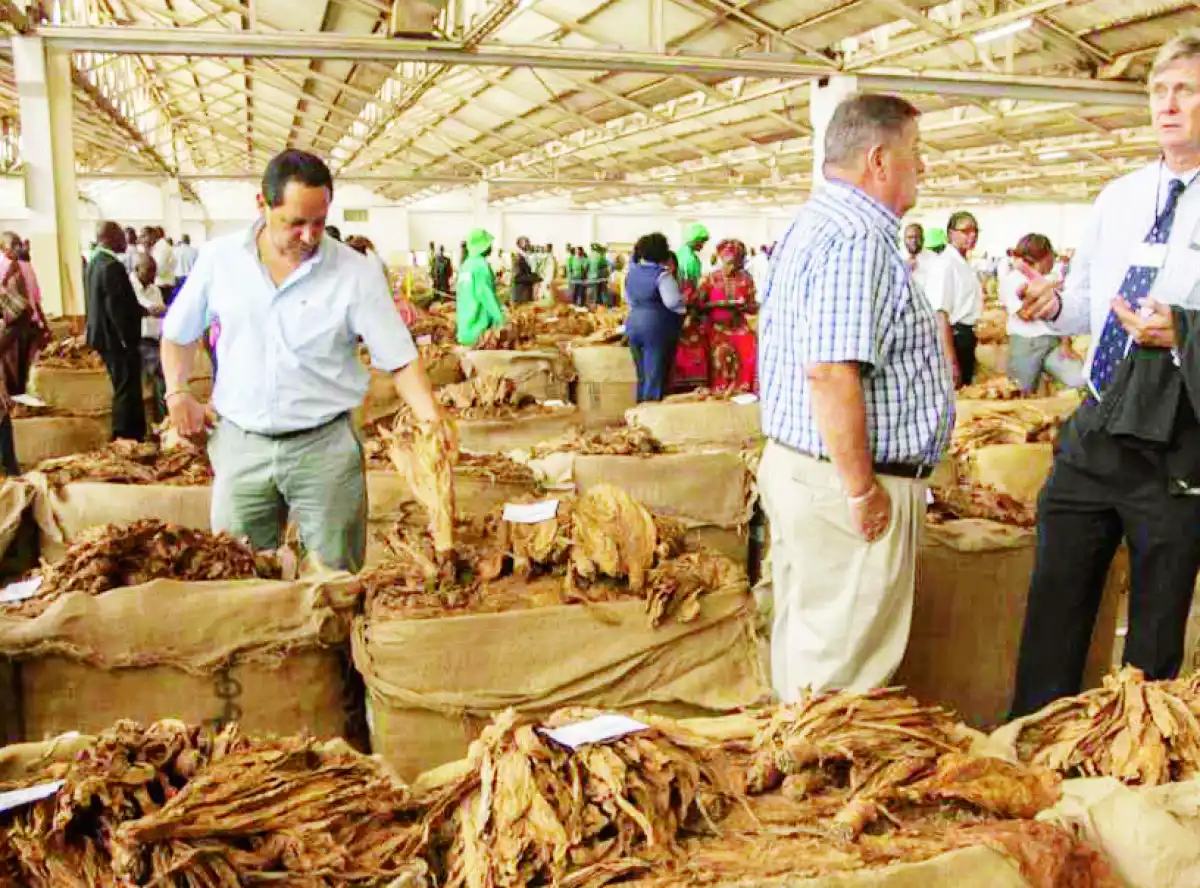
As 2025 General Elections draw closer there are fears that voter apathy might heavily manifest its negativity again. Our contributor WISDOM CHIROMBO, caught up with governance and civic education expert at National Initiative for Civic Education (Nice) Trust BONIFACE PHIRI to explain what interventions can be employed to curb the problem. Excerpts:

How bad has voter apathy been in recent elections?
Sadly, over the recent years, voter apathy during Malawi’s elections has been on the rise. Prospective voters have increasingly been shunning the ballot box; after remarkable figures during the 1999 general elections where Malawi recorded a 93 percent voter turnout, percentages quickly plummeted to 59 percent in 2004.
Between 2004 and now the percentages have been hovering below 79 percent. At some point—in 2000 to be specific—voter turnout for local government elections hit an all-time low of 14 percent.
In recent months low voter turnout also marred by-elections in Kaporo, Chilanga and Rukuru in Karonga as well as Mtiya Ward in Zomba with Dedza Central Constituency reaching as low as 35 percent.
What are the main reasons for voter apathy?
The first reason is that many Malawians feel that their vote doesn’t matter and has little impact on the outcome of elections. These feelings are often compounded by a sense that elected officials are more influenced by selfish interests than the will of their electors.
Secondly, mounting cynicism about the integrity and intentions of politicians and political parties is another weighty aspect.
This is gas lit by incidents of political corruption, unfulfilled campaign promises, detachment of political leaders from the realisms and struggles of citizens. Further, this is aggravated when political discourse becomes more about attacking opponents than debating essential questions, issues and solutions.
So, what should be done to address voter apathy?
The first way is to enhance voter and political education. Education institutions and community organisations should emphasize civic education to equip citizens with the knowledge and skills necessary to participate in democratic processes.
Voter education is the best solution for apathy because it helps people understand that while nationwide problems need to be dealt with, participation in elections is an effective way of correcting societal challenges.
The other way is to make voter registration more accessible and simple by ensuring that all eligible citizens have easy access to polling sites. Positive use of social media is also a great tool.
Lastly on this point, politicians must always remember to hold issue-based campaigns that are devoid of castigations and negative talk because this scares away prospective voters.
How can MEC’s administration and management of polls improve voter turnout?
. There are three areas that Malawi Electoral Commission [MEC] needs to seriously and carefully consider in this regard. These include voter registration, handling electoral complaints and disputes and making decisions or activities that may appear controversial.
In terms of voter registration, MEC must ensure that it has sufficient materials and personnel. In the same vein MEC must strive to employ capable and highly motivated registration officers who know how to handle even very trivial matters by themselves.
| Q5 |
Do party politics play a part in voter apathy?
. Absolutely! In this regard we are talking inter and intra-party democracy. To the greatest levels, nomination of candidates to stand or represent parties in elections leaves a lot to be desired in the country.
Generally, you will notice that patronage and personal followership with regard to party leadership appear to be more important for the nomination of candidates than the preference of grassroots. This increases incidences of intra-party violence which eventually turns off prospective voters.
Can civic education truly help in combating voter apathy?
Civic education is the best solution for apathy because it helps people understand that while countrywide problems need to be dealt with, political and electoral participation is one effective way of taking action to fix the situation.
Inadequate civic education and mobilisation campaigns have been acknowledged as subsidizing factors to low turnout of voters in by-elections in Malawi.
Civic and voter education is done by MEC, partners and stakeholders such as Nice Trust, as well as political parties themselves, and the latter are supposed to play the biggest role by encouraging their supporters to participate in electoral processes.








0 Comments